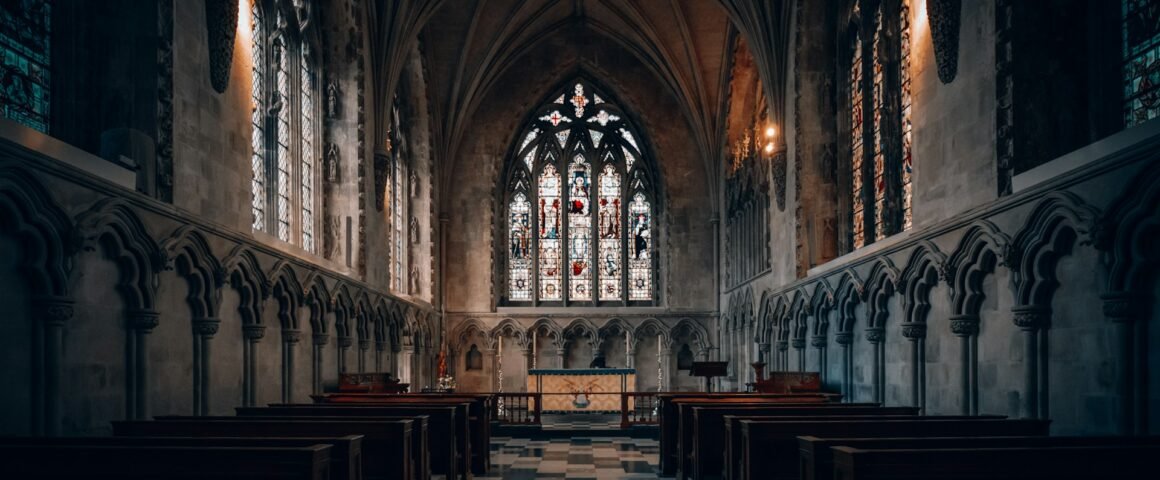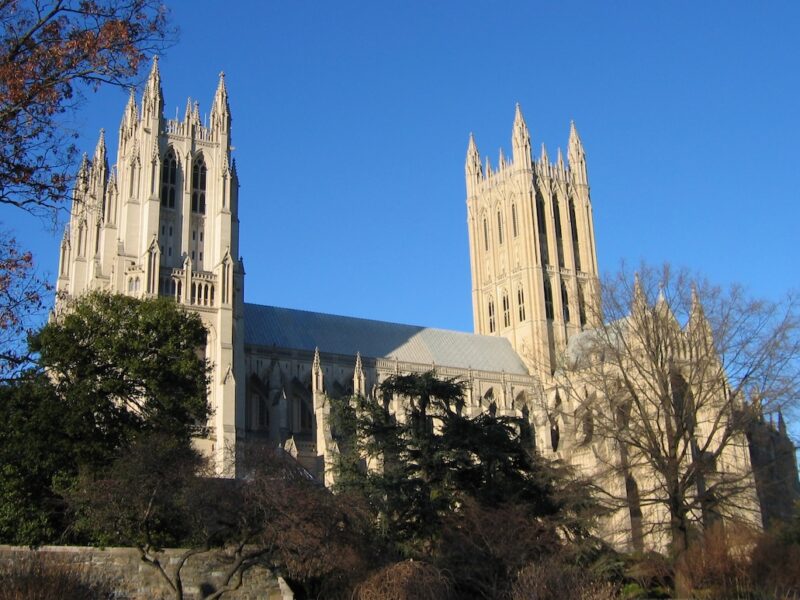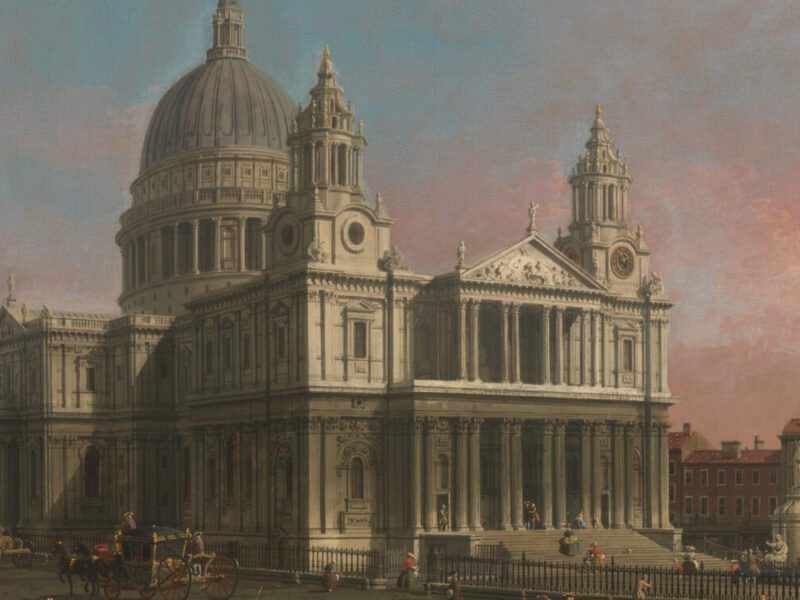An encouragement to the readers and authors of the North American Anglican
Of the Authority of the Church.
The Church hath power to decree Rites or Ceremonies, and authority in Controversies of Faith: and yet it is not lawful for the Church to ordain any thing that is contrary to God’s Word written, neither may it so expound one place of Scripture, that it be repugnant to another. Wherefore, although the Church be a witness and a keeper of Holy Writ, yet, as it ought not to decree anything against the same, so besides the same ought it not to enforce any thing to be believed for necessity of Salvation.
To all those who subscribe to the Anglican Way and seek to live in submission to Jesus Christ and his Church, I have good news: According to Article XX of the XXXIX Articles of Religion, you do not bear the burden of deciding the doctrine of the Church. It was not to you, but to the Church, that God gave the ‘power to decree Rites and Ceremonies, and authority in Controversies of Faith. This is clearly laid out in Holy Scripture in places such as 1 Corinthians 4, where Paul says to the Church in Corinth, “This is how one should regard us, as servants of Christ and stewards of the mysteries of God. Moreover, it is required of stewards that they be found faithful. But with me it is a very small thing that I should be judged by you or by any human court. In fact, I do not even judge myself. For I am not aware of anything against myself, but I am not thereby acquitted. It is the Lord who judges me.” (1 Corinthians 4:1-4)
It is for the Church and her stewards (called episkopoi elsewhere in Holy Scripture) to make determinations in matters of rites, ceremonies, and controversies of Faith, and it is a small thing that anyone should judge them in their work. Neither the definition of Anglicanism nor the future of the Anglican Church in North America depend upon our opinions, which are of no consequence. We are told unambiguously, by the XXXIX articles and Holy Scripture, to submit to the authority of the Church. The author of Hebrews puts it this way in chapter 13: “Obey your leaders and submit to them, for they are keeping watch over your souls, as those who will have to give an account. Let them do this with joy and not with groaning, for that would be of no advantage to you.” (Hebrews 13:17)
Now, should you, in good conscience, be unable to remain under the authority of the Church and her stewards, then you must leave. The Apostle Paul tells us that it is better to be wrong in good conscience than to be right against our conscience. If we so much as eat meat against our conscience (even though it is lawful), we sin. “Whoever has doubts is condemned if he eats, because the eating is not from faith. For whatever does not proceed from faith is sin.” (Romans 14:23) And again, he tells us that if anyone is preaching a gospel contrary to the only true gospel, we should have nothing to do with them (Galatians 1:8). So, do not stick around if you are certain that those who bear the authority of the Church are teaching that which is repugnant to God’s Word written.
If, however, you have not given up on the Anglican Church in North America and her ministers, then let those who bear the power of the Church do their job joyfully. Since the church has not invested you with the authority to define, direct, or correct her, you can rest assured that, so long as you live and act in good conscience, you are safe. It is the teachers of the church who must worry about the judgement that comes with their position of authority, “for you know that we who teach will be judged with greater strictness.” (James 3:1). You are not a bishop, and you cannot make yourself a bishop. It is God who chooses the man and sets him apart by the hands of his ministers. So, those of us who are not bishops need not worry ourselves about an office we do not hold.
The character of Anglicanism and our contemporary Anglican theological identity, or, in the language of the XXXIX Articles of Religion, the “rites, ceremonies, and controversies of Faith,” are under the power and authority of the Church and her ministers. If you find that you are unable to “obey your leaders and submit to them,” as both Holy Scripture and the XXXIX Articles of Religion require, then you must, in good conscience, leave. But if you do wish to stay, then please, remember that the leaders of the Church are keeping watch over our souls, and that we should let them do this “with joy, and not with groaning.”




